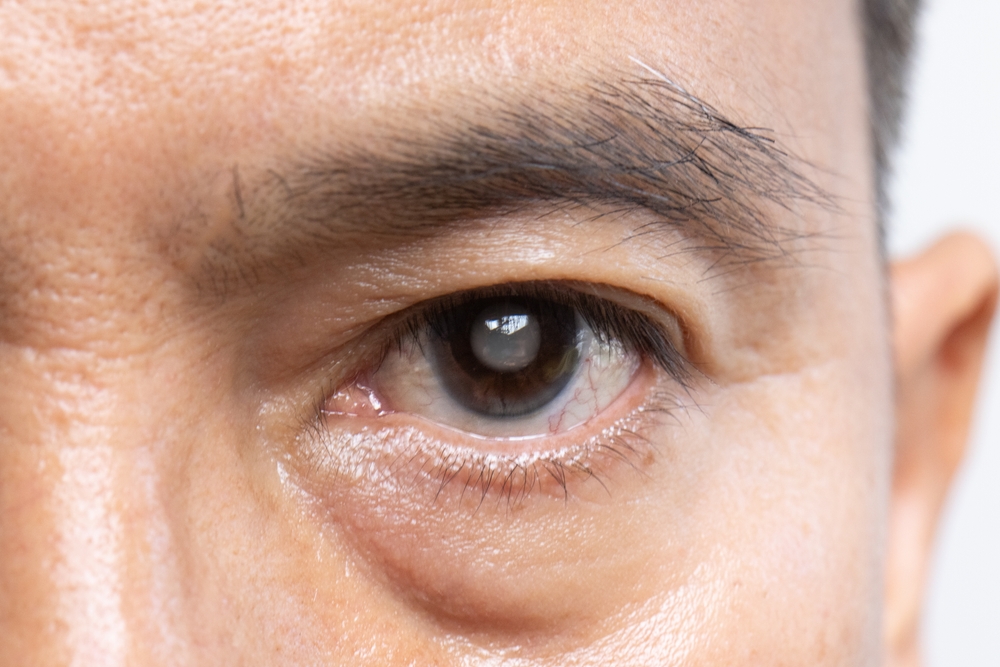
Glaucoma: Causes, Symptoms, and the Importance of Early Detection
Glaucoma can develop without noticeable symptoms and lead to irreversible vision loss if left untreated. At Eye To Eye Optometry, we’re committed to spreading awareness about glaucoma, its causes, and the vital role regular eye exams play in protecting your vision.
What Is Glaucoma?
Glaucoma is a group of eye conditions that damage the optic nerve, which is essential for transmitting visual information from your eye to your brain. Most types of glaucoma are associated with high intraocular pressure (IOP), but it can also occur with normal eye pressure. If left untreated, this damage can lead to permanent vision loss and even blindness.
There are several types of glaucoma, including:
• Open-Angle Glaucoma: The most common type, where the drainage angle in the eye remains open, but fluid drains slowly, causing pressure to build up over time.
• Angle-Closure Glaucoma: A less common but more severe type, occurring when the drainage angle is blocked, causing a rapid rise in eye pressure.
• Normal-Tension Glaucoma: Optic nerve damage occurs despite normal eye pressure, and the exact cause is still under study.
What Causes Glaucoma?
Glaucoma can result from various factors, including:
• Increased Eye Pressure: High IOP is the most common cause of optic nerve damage.
• Age: People over 60 are at a higher risk, although certain forms can affect younger individuals.
• Family History: Genetics play a role; if glaucoma runs in your family, your risk increases.
• Medical Conditions: Conditions like diabetes, high blood pressure, or severe myopia can raise your risk.
• Eye Injuries: Trauma to the eye can damage the optic nerve or affect fluid drainage.
• Medications: Prolonged use of corticosteroids can increase the risk of developing glaucoma.
Symptoms of Glaucoma
In its early stages, glaucoma often presents no symptoms, which makes it particularly dangerous. As the condition progresses, you may notice:
• Gradual loss of peripheral vision
• Blurred vision
• Halos around lights
• Eye pain or redness
• Headaches
Symptoms can vary depending on the type of glaucoma, and by the time they become noticeable, significant vision loss may have already occurred.
The Importance of Regular Eye Exams
Regular comprehensive eye exams are crucial for detecting glaucoma early, often before symptoms develop. During these exams, your eye doctor will measure intraocular pressure (IOP) to identify any risk of glaucoma, evaluate the optic nerve for early signs of damage, conduct visual field tests to detect changes in peripheral vision, and assess the drainage angle to determine the type of glaucoma you may have. At Eye To Eye Optometry, we utilize advanced diagnostic tools to monitor your eye health and catch glaucoma in its earliest stages, ensuring timely and effective care.
Why Early Detection Matters
Glaucoma is a progressive condition with no cure, but early detection and treatment can significantly slow or stop its progression, helping to preserve your vision and quality of life.
Treatment options include medications such as eye drops or oral drugs to lower eye pressure, laser therapy to enhance fluid drainage or reduce its production, and surgery to create new drainage pathways or repair the drainage angle. Without timely intervention, glaucoma can lead to severe vision loss or blindness, underscoring the critical importance of regular eye exams for early detection and management.
Take Control of Your Eye Health
Glaucoma is a serious eye condition that can lead to irreversible vision loss if not detected and managed early. Regular comprehensive eye exams are your best defense against this silent thief of sight, allowing for early detection and timely treatment to preserve your vision and quality of life.
Don’t let glaucoma go undetected, schedule your comprehensive eye exam at Eye To Eye Optometry and let our team provide the advanced care you need to protect your vision for years to come. Contact our office in Antioch, California, by calling (925) 757-7676 to book an appointment today.









